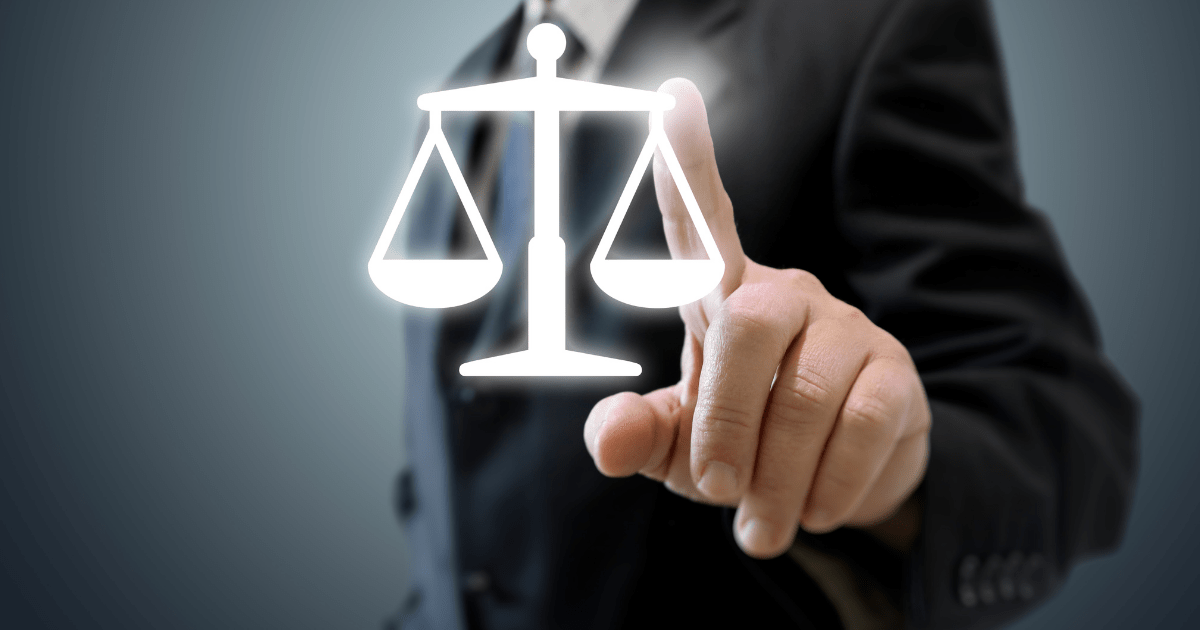In the United States of America, all states have enacted a law prohibiting certain conduct that is either a crime or a misdemeanor. The term “crime” is used to denote a violation of state criminaldenoteswo basic types of crimes in the United States: felonies and misdemeanors. The penalty for a crime is determined by the statute defining the offense.
We all know what a criminal law attorney does. We’ve seen TV shows about them, read books about them, and even have a few friends who have become lawyers. But the basics of what a criminal law attorney does is often overlooked. The term “criminal law” itself can be confusing. I wanted to write a quick blog post that would give you the basics of what a criminal law attorney does, so you could better understand why you should hire one.
Crimes committed in violation of federal statute federal government prosecutes crimes committed in violation of federal statutesosecutable only by the states. Criminal law is governed at the state level. There is also federal criminal law. Federal crimes are those that are defined by statute. Statutes can be passed by Congress (the United States government) or state legislatures.

What is criminal law?
“Criminal law” is the law that deals with crimes. That is, it’s the law that protects society from criminals. In the United States, this includes federal laws, state laws, local ordinances, and a host of other things. This post will help youmanynd what crimes are considered criminal and how they affect you.
The different parts of criminal law
When we talk about the different parts of criminal law, we’re talking about what crimes there are and what penalties they carry.
Criminal law is divided into four parts:
Part 1: Crimes
Part 2: Offenses
Part 3: Punishments
Part 4: Sentencing
These are the four parts of criminal law that you should understand, but they’re also the four things you’ll need to know before you can hire a criminal lawyer.
Who is responsible for enforcing criminal law?
You may be wondering why your state has a criminal law enforcement division. When you break the law, you may be charged by a police officer. When you are charged by a police officer, you may bea policefficseter charges youe charged by a prosecutor, you may be as a prosecutor charges you are accused by a prosecutor, you may be as a prosecutor charges urged by a judge, you may be assigned a judge, directions gouged by a jury, you may be found guia jury charges you do the U.S. legal system work?
In the U.S., the term “lawyer” means different things. A criminal law attorney works for a private practice that handles criminal cases. Most of us think of a lawyer as someone who works for a company that represents people in court. That’s very describing what a criminal law attorney does.
There are four types of criminal cases:
• Misdemeanors (also known as petty offenses) are minor crimes that typically involve a fine, but can also affect jail time or community service. Examples include speeding, littering, and shoplifting.
• Felonies are the most serious crimes. They typically involve jail time and fines. Examples include drug possession, fraud, and rape.
• Crimes against the state (also known as treason or treason) are acts against the U.S. government, such as spying.
• Crimes against the person (also known as assault, murder, manslaughter, etc.) are acts against another person, such as child abuse or assault.
Each type of crime has a specific punishment, depending on the circumstances.
In the U.S., a lawyer is not always required for a misdemeanor. If you are charged with a misdemeanor, you can talk to a lawyer and negotiate a plea deal with the prosecutor.
Types of crimes and penalties
We all know what a criminal law attorney does. We’ve seen TV shows about them, read books about them, and even have a few friends who have become lawyers.
But the basics of what a criminal law attorney does is often overlooked. The term “criminal law” itself can be confusing. I wanted to write a quick blog post that would give you the basics of what a criminal law attorney does, so you could have a better understanding of why you should better understand crimes are:
Dealing drugs
Possession of drugs
Dealing drugs
Frequently Asked Questions Criminal Law
Q: What is the purpose of criminal law in the United States?
A: The primary purpose of criminal law in the United States is to prevent crime and to impose punishment on offenders.
Q: What does criminal law” refer to?
A: “Criminal law” refers to the part of the law that deals with crimes or acts that are punishable by the state.
Q: What does w” refer to?
A: “Penal law” refers to the part of the law that deals with procedural aspects of a criminal case.
Q: What do courts do?
A: Courts try to find out what happened in a case and how it should be punished if someone was guilty of a crime.
Q: What is the difference between criminal law and penal law?
A: Criminal law is a branch of criminal law, while penal law is a branch of criminal procedure.
Top 3 Myths About Criminal Law
1. Criminals cannot be tried in the United States.
2. Criminals are tried in a court of law.
3. Criminals are only prosecuted and convicted in courts.
Conclusion
Criminal law is the body of law that deals with the protection of society by enforcing laws agaprotectingnal law is the law of criminal offenceoffensesnishments. This includes laws that govern acts of physical violence and property crimes such as robbery and theft.
The first thing you need to know about criminal law is that it has two components t. Their titer is the procedure used to enforce legislature make I t, court,s and both legislatures, courts, s, and other governing bodies make the law police. The systems are called rules.
